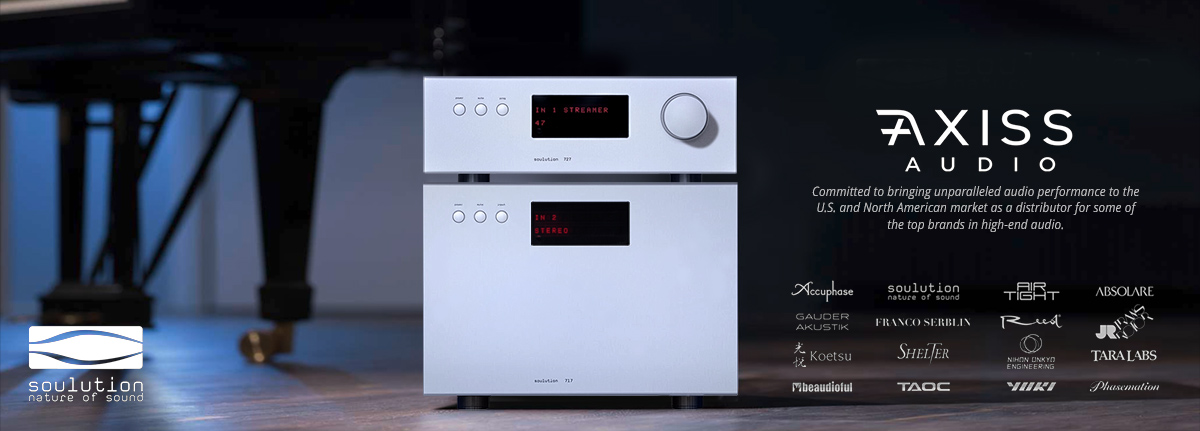Mark, just had a thought: it wouldn't be anything to do with the powered subwoofers, perhaps? Try pulling the plug on the mains to the speakers, see what that does ...
Frank
Frank
Mine is a Fluke 77 also and is the same age. I have built lots of tube gear over the years with that meter. Mine still looks real good too. Are the diode bridges all on top of the main cap banks? Does anyone have a schematic for this amp?
(...)
You could try floating the ground to the subs....
Lee
The subs have no ground on the AC plug.
Tom-My stereo is in a dedicated room and is only used for 2 channel stereo so no, there is no cable box or satellite receiver in my room let alone hooked up. Below are the results that Micro asked me for from measuring the 4 diode bridges for AC and DC.
These values will be given clockwise starting at 12:00, 3:00, 6:00, and 9:00 for each diode bridge looking at the board from the front of the amp where there are two on the left and two on the right and we will start with the bottom left bridge, then top left bridge, bottom right bridge, and top right bridge:
12:00 AC 32.2v, DC 0
3:00 AC 0, DC.35v
6:00 AC 30.7v, DC 40.5v
9:00 AC 0, DC 83v
12:00 AC 32.8v, DC -41.7v
3:00 AC 0, DC 0
6:00 AC 29.9v, DC -41.7v
9:00 AC .4v, DC -83.5v
12:00 AC 32.8v, DC 40.3v
3:00 AC 0, DC 0
6:00 AC 29.9V, DC 40.3v
9:00 AC 0, DC -.3v
12:00 AC 32.3v, DC -41.5v
3:00 AC 0, DC 0
6:00 AC 30.6v, DC -41.6v
9:00 AC 0, DC 0
All measurements were taken with both inputs shorted. Also, Micro wanted an AC measurement from the speaker terminals and they were both 0v.
micro-I just checked my numbers against what I have written down and they are correct. Also, with the cover off, you can hear the transformer singing away and the mechanical hum you hear sounds a lot like what is coming from the speakers.
I came home from work today and put a fresh battery in my trusty Fluke 77 and retook all the measurements today. Here they are again:
12:00 AC 32.9, DC -41.6
3:00 AC .007, DC .00
6:00 AC 30.02, DC -41.7
9:00 AC .38, DC -83.7
12:00 AC 32.9, DC -41.5
3:00 AC .20, DC -83.7
6:00 AC 30.11, DC -41.6
9:00 AC .007 DC .00
1200 AC 32.47, DC 40.8
3:00 AC .33, DC -.35
6:00 AC 30.85, DC 40.8
9:00 AC .085, DC 83.8
1200 AC 32.4, DC 40.8
3:00 AC .26, DC 84.1
6:00 AC 30.77, DC 40.8
9:00 AC .31, DC -.36
Mep,
It looks much better - the voltages are symmetrical and very close. Ripple AC is within expected values - the mains capacitors seem in good condition.
What is the reading you get now at the output in AC?
.007 in the left channel and .009 in the right channel.
It is really unacceptable - this means a signal to noise ratio of about 75 dB against the specification of 120dB! Even the tubed Audio Research REF150 I am using has less than .001V in any of the channels. Was this measured without speakers?
Considering the expense and trouble to ship it, I would try to carry it to another place with a good mains supply, and measure it there.
It is important to make sure we're measuring what we think we are: what is the null reading for the multimeter on AC? In other words, when you short the leads together for AC voltage do you get a 0.0V? Mine always give a non-zero reading doing this ...It is really unacceptable - this means a signal to noise ratio of about 75 dB against the specification of 120dB! Even the tubed Audio Research REF150 I am using has less than .001V in any of the channels. Was this measured without speakers?
It is important to make sure we're measuring what we think we are: what is the null reading for the multimeter on AC? In other words, when you short the leads together for AC voltage do you get a 0.0V? Mine always give a non-zero reading doing this ...
Frank
| Steve Williams Site Founder | Site Owner | Administrator | Ron Resnick Site Owner | Administrator | Julian (The Fixer) Website Build | Marketing Managersing |
















